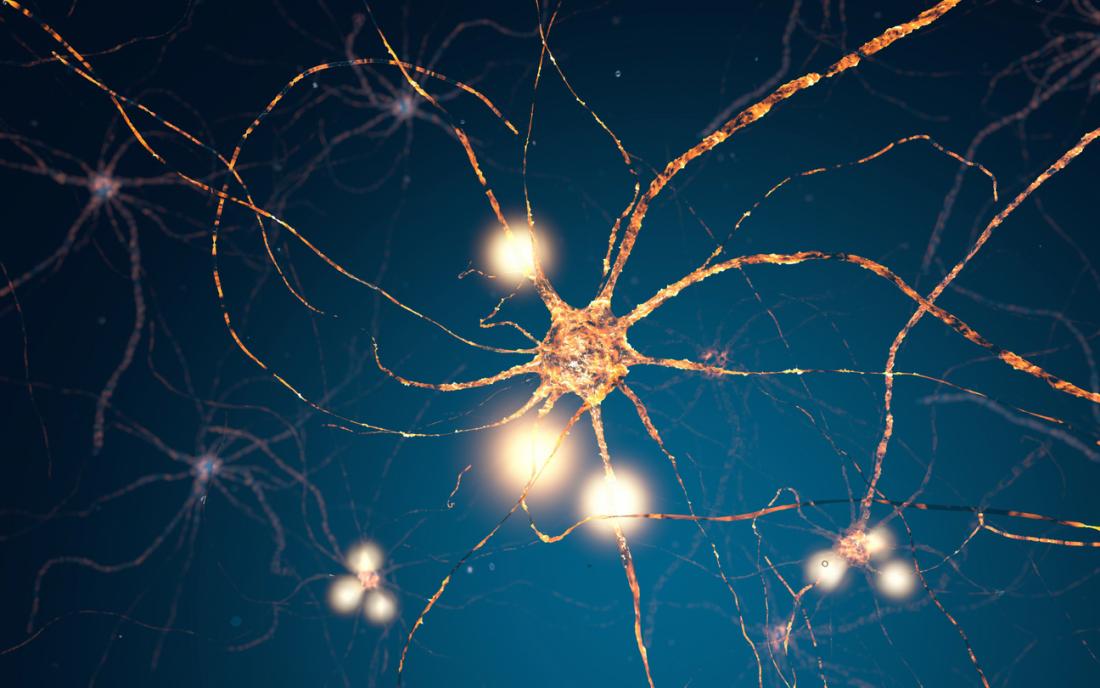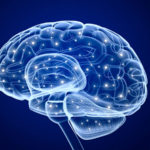In recent studies, neuroscientists have focused on amyloid beta plaques to better comprehend the development of cognitive impairment in Alzheimer’s disease. However, new research from Weill Cornell Medicine has found that high-salt intake, through its impact on the protein tau in the brain, may decrease cognitive function, leading to dementia.
The study, released in Nature, builds on previous findings from a 2018 report published in the same peer-reviewed journal, which suggested that high-salt intake resulted in dementia-like symptoms in rodents.
From the prior findings, researchers hypothesized that the restriction of blood flow to the brain was the result of dementia because of the excessive salt intake. Needlesstosay, however, cognitive impairment was not evident upon restricted blood flow in rodents by the conclusion of that study.
“We thought maybe there was something else going on here,” said Costantino Ladecola, the study’s lead author.
Now, in the new study, researchers observed decreased production of nitric oxide in the blood vessels, which impacted the stability of tau proteins in neurons. They concluded that a balanced level of nitric oxide beneficiary to cognitive health led to tau stability in the brain.
Moreover, to add more weight to the findings, rodents were placed in a diet of high-salt intake and given an antibody for tau stability. The end result, according to researchers, was the exhibition of normal cognitive health among the rodents, despite decreased blood flow.
“Our study proposes a new mechanism by which salt mediates cognitive impairment and also provides further evidence of a link between dietary habits and cognitive function,” Giuseppe Faraco, co-author of the study, concluded.


